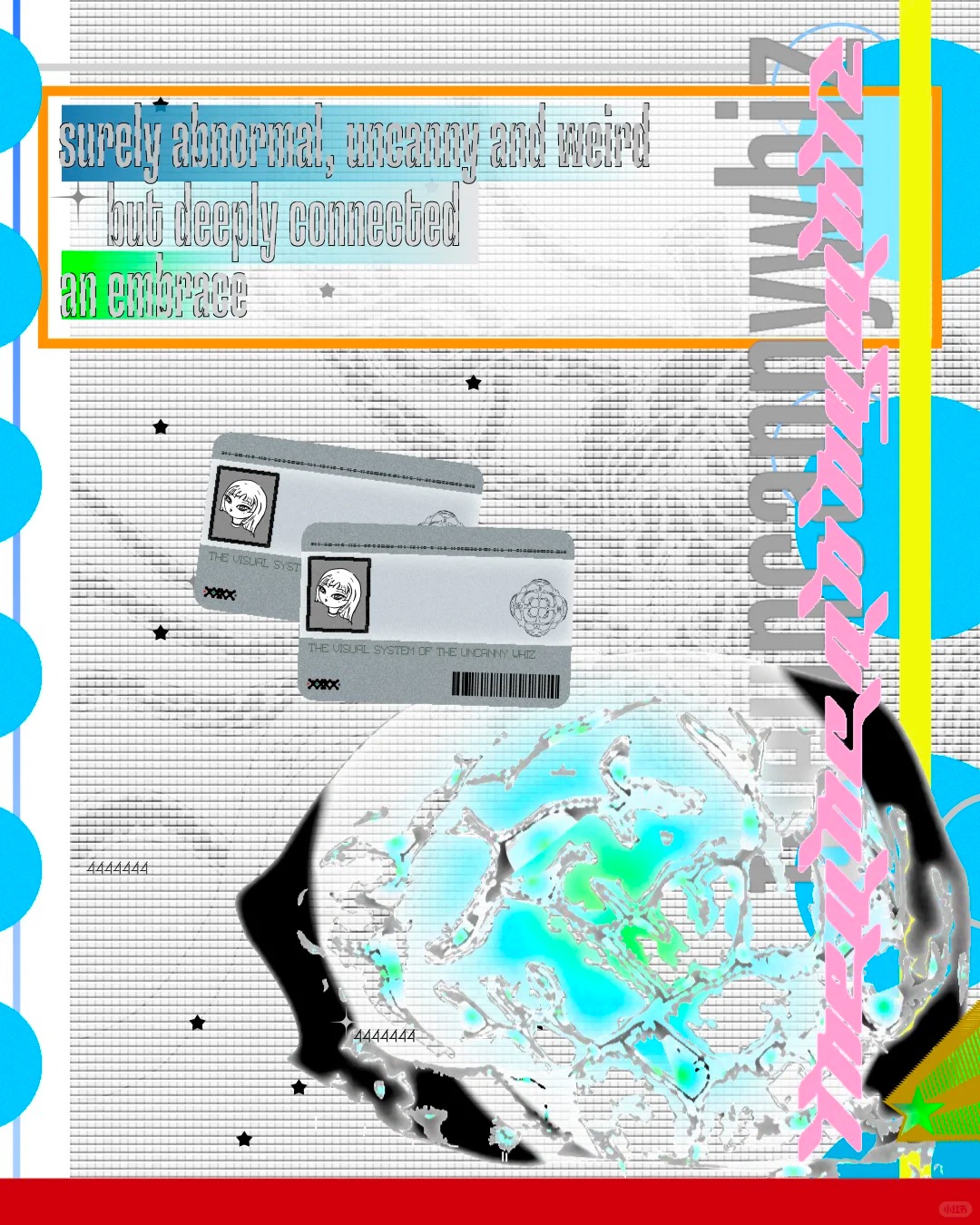In its comments section, one of China’s leading music apps NetEase Cloud Music has been seeing a depressive trend in recent months — literally.
Mixed in with genuine cries for help are comments with fake emotional stories written to gain likes and popularity on the app. “I’m only 12 years old, but have been diagnosed with depression for 20 years,” reads one highly upvoted comment on the platform.
Unlike music streaming platforms such as Spotify or Apple Music, NetEase Cloud Music acts as an interactive online community where users can leave comments below songs and receive likes or replies from other listeners. Today, the app has more than 800 million registered users and 30 million tracks.
But depressive comments on the platform have become such a pervasive trend that netizens have renamed it “NetDepressed Cloud Music,” and made memes about it. Some users have even turned to rival apps such as QQ Music because they find NetEase’s comments section too sad.

A meme of a crying face listening to “NetDepressed Cloud Music” at midnight (image: Weibo)
In response, NetEase Cloud Music recently launched a campaign to clean up its comments. Vowing to punish users who make up or copy stories to gain popularity, the company has also said it will recruit professional therapists and thousands of volunteers to reach out to users who leave sad comments, and provide free online consultations for users in need.
Since that announcement, it has also added a function allowing users to send virtual hugs to each other. The company will also invite content moderators to write song critiques and funny comments in an effort to relieve some of the emotional heaviness.
“I am glad to see the campaign. I think it should happen,” says Luoluo, 22, a NetEase Cloud Music user with bipolar disorder, who asked that we only use her nickname.
“Some people conclude they have depression just because they feel sad sometimes. They even promote it like that’s a cool thing. It’s wrong — it’s abusing and robbing the sympathy of others.”
It remains to be seen how helpful a music app can actually be, but experts say that big data may provide insight into users’ mental health conditions. Even though psychological evaluation can’t be conducted solely based on online comments, the platform does have advantages for psychological counseling in terms of its large number of users.
“If NetEase can make some behavioral analysis and user portraits based on those comments, they may be able to find users with severe emotional issues or potential depression,” says Gou Yi, a psychologist who runs a counseling center in Tianjin. “They can collaborate with professional counseling platforms to provide users with in-depth and personalized psychological services.”
Gou added that psychology is a complex discipline rather than an “entertainment tool,” and still needs more authoritative voices in China.
“From industry standards to professional fields, there is an urgent need to educate the public, manage practitioners, and release authoritative data,” Gou says.

A meme of a crying face listening to “NetEase Music” (image: Weibo)
According to a study published in medical journal The Lancet, approximately 173 million adults in China have experienced mental disorders, though 91% of them have never received professional help. There are fewer than two psychiatrists for every 100,000 people in China; for comparison, the US has 12 to serve the same number of individuals, according to data from the World Health Organization. Partly as a result, China was ranked as the most depressed country in the world as of 2016. The country canceled its national mental health counselor certification test in 2017, and less than 20% of previously licensed counselors are currently employed in the industry.
“For psychological counseling, the training investment in China is much higher than the consulting income,” says Gou. “Many counselors quit due to insufficient income, which has resulted in a serious shortage of psychological counselors.”
China’s first nationally representative survey on mental disorders shows that most cases have become more common across China in the past 30 years. Some of Gou’s depression patients are as young as fifth graders.
“The overall psychological state of modern people is very depressive,” Gou observes. ”Peer pressure, spiritual needs and the overuse of electronic products have made people, especially young people, feel more and more lonely and lack real interpersonal social interactions.” To an extent, the internet offers people an opportunity to freely express their true feelings and emotions without guilt. It’s possible to even get support from strangers in the virtual world — but it may not always be healthy.
“The internet is an open space that may not be safe for expressing emotions. Even worse, netizens with negative emotions sometimes influence each other and become more extreme,” Gou says. “What can really heal patients is sincere and safe relationships in the real world.”
Related:
 From Lovers to Duck Demons, Unusual Virtual Services are Booming on the Chinese InternetIn China, fake boyfriends and unconditional compliments are at your fingertipsArticle Aug 11, 2020
From Lovers to Duck Demons, Unusual Virtual Services are Booming on the Chinese InternetIn China, fake boyfriends and unconditional compliments are at your fingertipsArticle Aug 11, 2020
Growing up with little attention or support from her parents, Luoluo began hurting herself at 13 when she was bullied in middle school.
She was relieved, however, when she was diagnosed with bipolar disorder at 19. “It’s not your fault,” she remembers the doctor telling her at the time.
For her, things could have been a lot worse. Luoluo was first misdiagnosed with depression and didn’t get proper treatment for years. Bipolar disorder, typically consisting of both manic and depressive episodes separated by periods of normal moods, is easily misdiagnosed. Research shows that 60% of patients with bipolar disorder in China were misdiagnosed as having depression or schizophrenia.
“There are some feelings that you don’t know who to share with,” says Luoluo. She often openly shares her life and feelings on microblogging platform Weibo, which also serves as a symptom tracker for her.
Now Luoluo’s condition is stable, since she started taking medication as instructed by her doctor. Though her relationship with her parents has improved, they still believe Luoluo has “bad tempers” rather than a mental illness, and have even asked her to stop taking medications.
The lack of awareness and the stigma attached to mental illness has stopped many sufferers from getting professional help. China’s first-ever mental health law only came into effect in 2013, which was aimed at protecting the interests of people with mental health disorders and improving procedures, admissions, and treatment.
“This is another value in Chinese culture to be able to endure hardship,” Helen Verdeli, an associate professor of psychology and education at Columbia University, said in a 2017 interview with SinoVision. “They don’t have a problem getting glasses when they cannot see well, but don’t seek services when they struggle.”
Related:
 Wǒ Men Podcast: Tackling Mental Health Issues in a “Hidden Emotion” CultureArticle May 11, 2018
Wǒ Men Podcast: Tackling Mental Health Issues in a “Hidden Emotion” CultureArticle May 11, 2018
Circle, 24, who declined to give her real name out of privacy concerns, didn’t want to tell her parents about her depression either. “I felt I was miserable enough, and I didn’t want my parents to suffer with me,” she says.
With the help of her friends, Circle’s mental health has improved after months of online counseling sessions.
But reflecting on the past, she recalls being one of the “walking dead” who had lost interest in everything, and considered every possible method of committing suicide. Unlike what many of the NetDepressed memes describe, Circle says she felt most depressed before sunrise rather than midnight because she didn’t want to see “another hopeless day come again.”
Unlike Luoluo, she thinks that NetEase comment regulation may not be much help for people with mental health issues.
“If you have moderate or severe depression, you won’t even want to open social media. You don’t want to share anything,” Circle says. “Let us be. We don’t want to be cared for or understood.”
At least 54 million people in China suffer from depression, according to WHO estimates. Unlike usual mood fluctuations and reactions to challenges in daily life, depression is a serious health condition and can lead to suicide, especially when long-lasting and with moderate or severe intensity.
Whether through online comment moderation or offline psychological services, it’s evident that a solution is urgently needed to help them — and at the very least, let them know that there is nothing to be ashamed of.


















